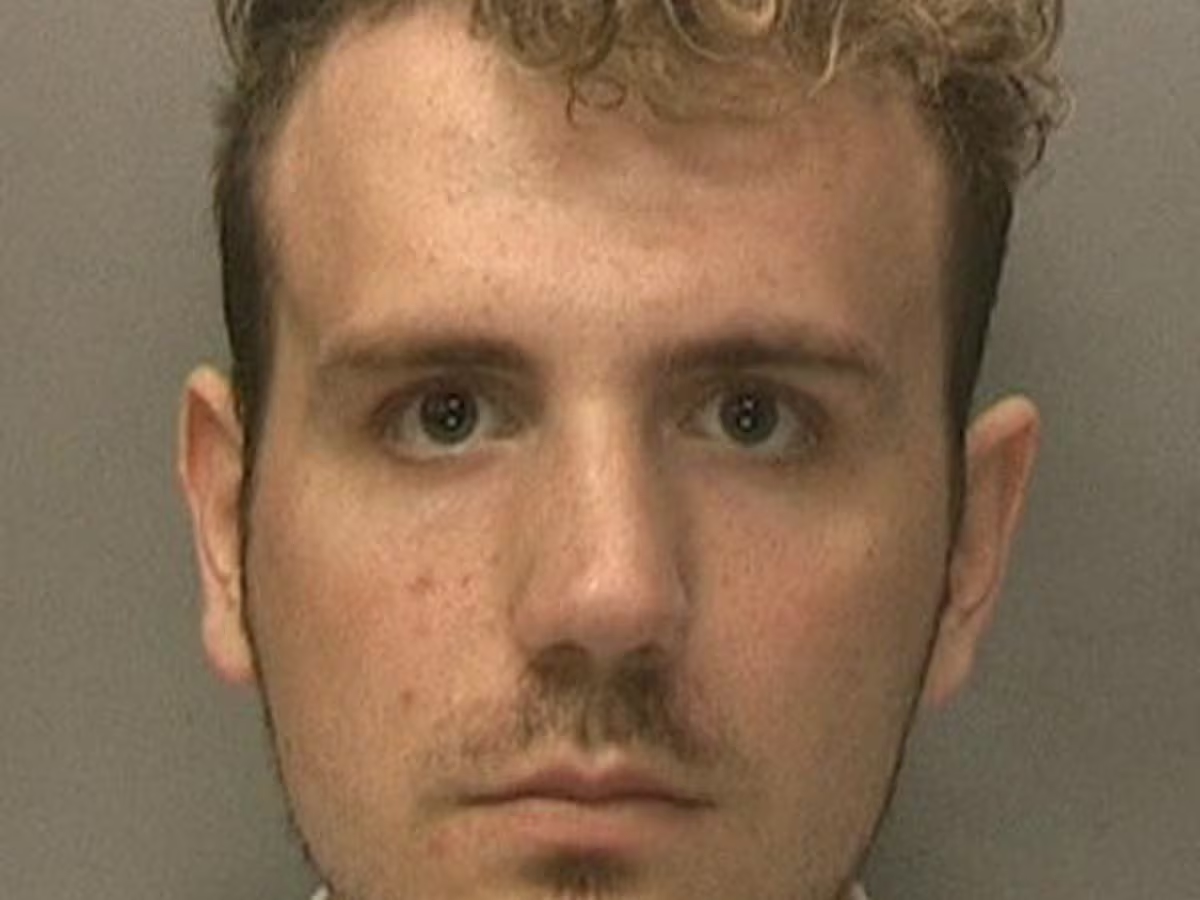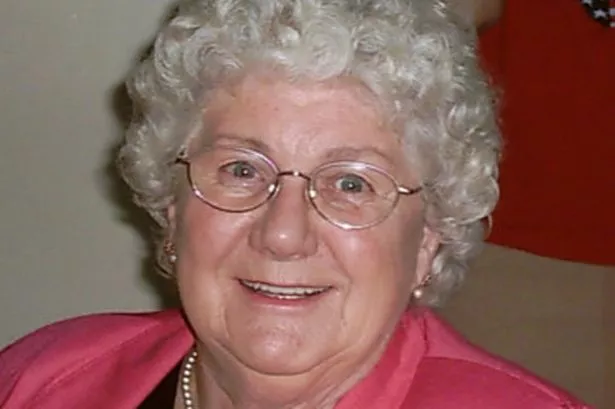
Coventry video gamer faked hostage situation that resulted in man being shot in the face

The hoaxer called the Maryland terrorism hotline in the USA, claiming he had plastic explosives and hostages
A video gamer who faked a hostage situation in a telephone call to US authorities that resulted in a man being shot in the face has been sentenced.
Robert Walker-McDaid, 28, of Coventry, claimed he had plastic explosives and hostages when he called a Maryland terrorism hotline as part of a ‘swatting’ incident at victim Tyran Dobbs’ home in the United States. ‘Swatting’ sees fake calls made to emergency services with the express goal of causing panic and getting an armed response unit sent out to neutralise a perceived threat. As a result of Walker-McDaid’s call, Dobbs was shot in the face and chest and suffered severe injuries that required reconstructive surgery.
Today (Friday), at Warwick Crown Court, Walker-McDaid was sentenced to 20 months’ imprisonment, suspended for 18 months, after earlier pleading guilty to one count of perverting the course of justice. Walker-McDaid had earlier been the first person charged in this country with offences associated with the phenomenon of ‘swatting’.
The Crown Prosecution said: “Despite the British legal system not recognising ‘swatting’ as a standalone offence, as the United States does, the CPS worked closely with both domestic and international partners to creatively build the strongest possible case against Walker-McDaid.”
Hannah Sidaway, Specialist Prosecutor for CPS West Midlands, said: “Swatting is far more than a crude prank – it is a serious crime which can have devastating consequences.
“Walker-McDaid may not have intended to cause such serious harm, but by sowing panic and deceiving law enforcement into responding to a fictitious threat, he left an innocent man with life-changing injuries.
“British-based offenders who hide behind online anonymity to commit serious crimes abroad will not escape justice, and we will continue to work collaboratively with international partners to ensure perpetrators will face the full force of the law.”
Erek L. Barron, United States Attorney for the District of Maryland, said: “We will continue to use every tool at our disposal and work closely with our international partners to ensure that those who seek to harm Americans will face justice, wherever they may be.”
How the police and CPS built the case
The plan for the ‘swatting’ incident began during a Skype conversation with a friend Walker-McDaid had met while playing video games.
On February 17, 2015, Zachary Lee, of Catonsville, Maryland, messaged Walker-McDaid to tell him he had ‘someone I need swatted’ and shared the victim’s address. Lee was sentenced to two years in prison in the US for his role in the incident in January 2018.
A day later, McDaid called a local Maryland terrorism hotline after being provided with the victim’s address. Posing as Mr Dobbs, he told the operator that he was armed and had three hostages, in addition to several explosive devices. McDaid claimed the first hostage would be ‘executed within 15 minutes’ unless he received $15,000 in cash.
Believing the threat was real, the Swat team responding to Walker-McDaid’s call shot Dobbs in the face and chest with plastic bullets, having believed he was the person making the hostage and bomb threat. He required reconstructive facial surgery as a result.
Several tactical units and crisis negotiators were called out in response to the perceived threat and spent over two hours at the scene.
Howard County Police Department, the FBI and Interpol enquiries discovered the hoax call was made by a Skype user ‘Meowobikiniz’, using a Virgin IP address registered to a property in Coventry. This later turned out to be Walker-McDaid’s home address.
Initially, the United States planned to extradite Walker-McDaid to face charges in their jurisdiction, but the extradition case was blocked and a later appeal also rejected. As the offence was committed in the United Kingdom, there was a realistic prospect that Walker-McDaid could be prosecuted in his home country.
US-UK joint investigation and charges
Working closely with the US Department of Justice, the FBI and local agencies, as well as investigators with West Midlands Police’s Eastern Complex Team, the CPS reviewed a large amount of material and creatively put forward the strongest possible case.
Despite Walker-McDaid admitting to placing the call, further investigation and review was required as he denied full culpability and suggested that he was pressurised into the actions. Using the Skype messages sent between Walker-McDaid and Lee in advance of the ‘swatting’ incident, prosecutors were able to prove that Walker-McDaid was a willing and active participant in the plan.
Without having our own offence of ‘swatting’ as the United States does, in prosecuting the defendant the CPS’s prosecutors had to carefully consider the most appropriate charge.
Knowing that Walker-McDaid’s hoax call, placed in the United Kingdom, had affected a victim in another jurisdiction, prosecutors set about a casework plan that would see Walker-McDaid charged with perverting the course of justice and ultimately prosecuted in his home country.
By extending the principle of perverting the course of justice – which can be used in similar situations where false complaints or allegations are made – we were able to clearly show that Walker-McDaid’s actions put in place a course of action that had severe consequences for the victim.



Be the first to comment